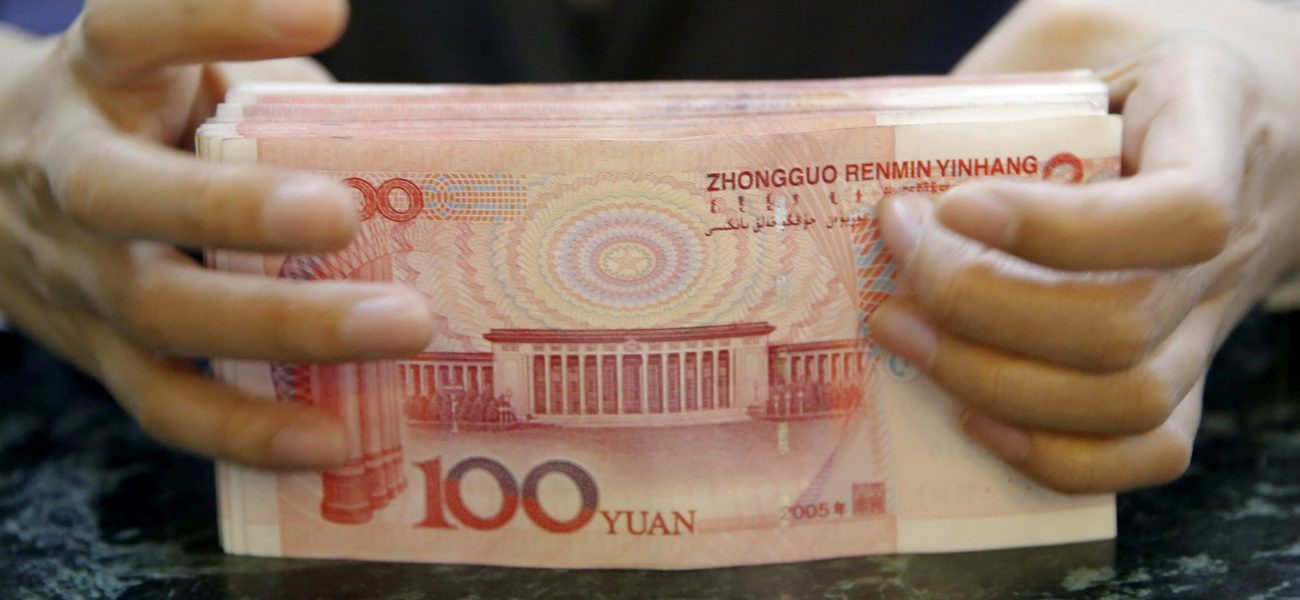It appears Nigerian government officials are not reading between the lines in the loans they are receiving from the Chinese. Apparently taken in by what appears to be easy money being offered by the Chinese, Nigerian officials are unrestrainedly taking all manners of loans from Chinese financial institutions without recourse to reading and understanding the terms of the loans. Appearing before the House of Representatives Committee on Treaties, Protocols and Agreements, Transportation Minister, Rotimi Amaechi, speaking at the hearing, stated that the committee should put a hold on its probe on Nigeria’s loans from China, as this may cause the Chinese government to refuse Nigeria’s pending loan requests.
Nigerians are concerned that the Chinese loans are being taken without regard to Nigeria’s sovereign interest or manner of disbursement and utilisation of the loans. Indeed, Nigerians had accused its government officials of signing off on loans in return and without scrutinising its contents, which often is skewed against Nigeria’s national interest. China is known to be very shrewd and manipulative in its business dealings with Nigerian officials. Chinese companies operating in the country do so with little or no ethical restraint. In a recent national scandal, a Chinese company, China Civil Engineering Construction Corporation (CCECC) was reported to have offered scholarships to the children and relations of Nigerian public officials in manners that could be considered as a bribe. Indeed, these companies offer favours to government officials for favourable consideration of their contracts. A resident of Abuja criticising Chinese contracts points to a sizeable number of road construction in the Federal Capital city that have been on-going for no less than 7 years and are nowhere near completion, some of them completely abandoned. The Economic and Financial Crimes Commission (EFCC) only a few months ago, arrested a contractor in Sokoto State, who had collected multi-billion road contracts, abandoned it and was offering a bribe of N100 million to EFCC officials to avoid arrest. Although the issue of Chinese loans was again brought into the public spotlight by a National Assembly committee hearing last week, Nigerians are also worried that the National Assembly has been complicit in failing to scrutinise loan requests by the Executive.
There has been growing concern among Nigerians over the Federal Government’s loan agreements with China, following the committee’s investigation, which revealed a Sovereignty Guaranty clause in some of the agreements. The clause empowers China to take over assets constructed with the loan sums, in the event that Nigeria defaults in meeting the terms of repayment on these loans. Nigeria has procured several loans from China and citizens worry that this may be detrimental to the nation in the long run as it continues to accumulate debt. Transport Minister, Rotimi Amaechi speaking on a television interview on Chinese loans taken for transport infrastructure, stated that Nigeria is capable of repaying these loans, which have an interest rate of 2.8%, a repayment period of 20 years and seven years moratorium. The minister also reiterated his call to the National Assembly to halt its probe of a $500 million Chinese loan taken by the Goodluck Jonathan administration for the construction of the Abuja-Kaduna railway, adding that the Federal Government has repaid $96 million of the loan sum.
According to Nigeria’s Debt Management Office, Nigeria has an outstanding debt of $3.12 billion from Chinese loans, having repaid the sum of $461.89 million. These loans are tied to several road, rail, power, communication, and agricultural projects. Observers worry that Nigeria may fall into the debt trap of the Chinese, who have become a major financial lender to many African countries. Nigerians worry that the government has continually sacrificed national interest in bilateral agreements by signing contracts with detrimental conditions and clauses while prioritising the personal interests of a few actors. It will be recalled that the Federal Government has been in a legal tussle, over an agreement with British firm, P&ID for a gas project, which appears to be no more than a scam.

